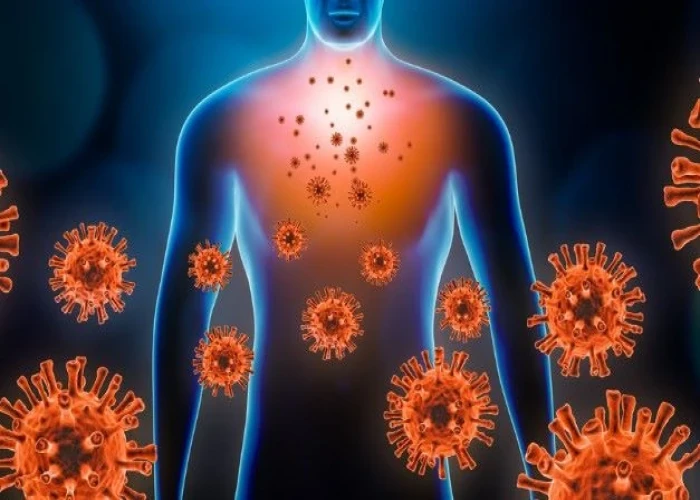 Welcome
Welcome
“May all be happy, may all be healed, may all be at peace and may no one ever suffer."
Pneumonitis
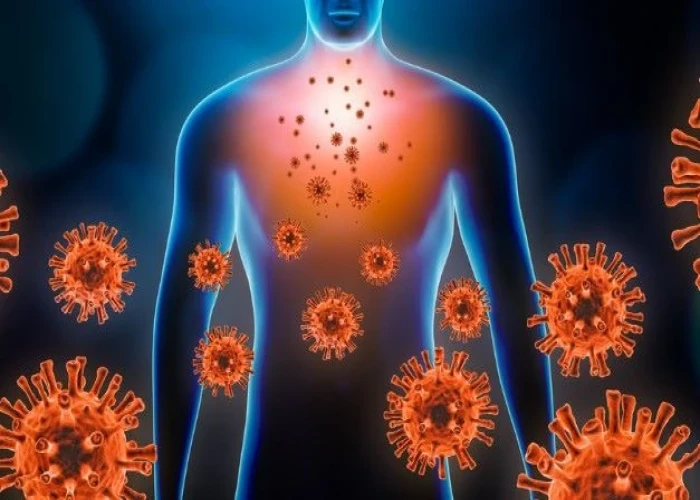
Pneumonitis is a condition in which the lung tissue becomes inflamed due to exposure to irritants such as chemicals, dust, or allergens. Pneumonitis can be acute or chronic and is also known as hypersensitivity pneumonitis or allergic alveolitis.
Symptoms of pneumonitis may include coughing, shortness of breath, fever, chills, fatigue, chest tightness, and difficulty breathing. These symptoms may develop gradually over time with chronic pneumonitis or suddenly with acute pneumonitis.
Treatment for pneumonitis typically involves removing or avoiding the irritant that caused the inflammation. This may involve changes to work or living environments, such as using protective equipment or eliminating exposure to certain substances. Medications such as corticosteroids may also be used to reduce inflammation and relieve symptoms.
If left untreated, pneumonitis can lead to complications such as scarring of the lungs or respiratory failure. It is important to seek medical attention if you are experiencing symptoms of pneumonitis, especially if they are severe or persistent.
If you work in an environment where you are exposed to potential irritants, it is important to take precautions to prevent pneumonitis. This may include using protective equipment, following safety guidelines, and seeking medical attention promptly if symptoms develop.
Research Papers
Disease Signs and Symptoms
- Shortness of breath (dyspnea)
- Cough
- Fatigue (Tiredness)
- Loss of appetite
- Weight loss
Disease Causes
Pneumonitis
Pneumonitis occurs when an irritating substance causes the tiny air sacs (alveoli) in your lungs to become inflamed. This inflammation makes it difficult for oxygen to pass through the alveoli into the bloodstream.
Many irritants, ranging from airborne molds to chemotherapy drugs, have been linked to pneumonitis. But for most people, the specific substance causing the inflammation is never identified.
Pneumonitis causes may include:
- Drugs. A variety of drugs can cause pneumonitis, including some antibiotics, several types of chemotherapy drugs and medications that keep your heartbeat regular. An overdose of aspirin can cause pneumonitis.
- Molds and bacteria. Repeated exposure to some molds and bacteria can cause the lungs to become inflamed. Specific varieties of mold-related pneumonitis have received nicknames, such as "farmer's lung" or "hot tub lung."
- Birds. Exposure to feathers or bird excrement is a common cause of pneumonitis.
- Radiation treatments. Some people who undergo radiation therapy to the chest, such as for breast or lung cancer, may develop pneumonitis. Pneumonitis also can occur after whole-body radiation therapy, which is needed to prepare a person for a bone marrow transplant.
Disease Prevents
Disease Treatments
If you have hypersensitivity or chemical pneumonitis, your doctor will recommend eliminating exposure to the allergen or chemical irritating your lungs. This step should help lessen your symptoms.
In severe cases of pneumonitis, treatment may also include:
- Corticosteroids. These drugs work by suppressing your immune system, reducing inflammation in your lungs. Corticosteroids are usually taken as a pill. However, long-term corticosteroid use also increases your risk of developing infections and is associated with the thinning of bones (osteoporosis).
- Oxygen therapy. If you're having a lot of trouble breathing, you may need oxygen therapy through a mask or plastic tubing with prongs that fit into your nostrils. Some people need oxygen therapy constantly, while others might need it only during exercise or sleep.
Disease Diagnoses
Disease Allopathic Generics
Disease Ayurvedic Generics
Disease Homeopathic Generics
Disease yoga
Pneumonitis and Learn More about Diseases
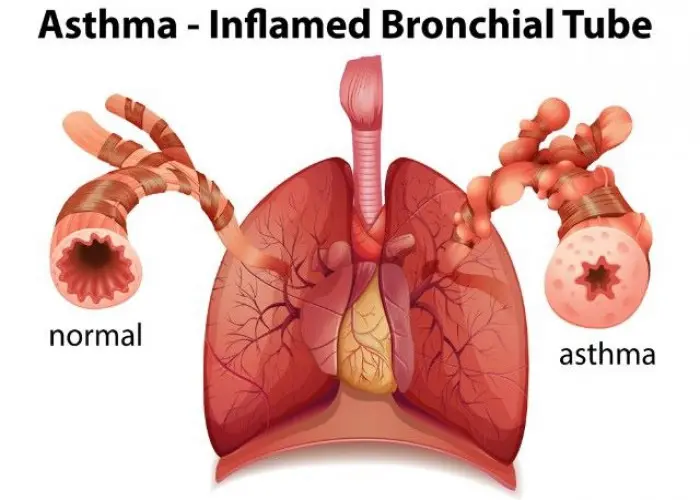
Exercise-induced asthma
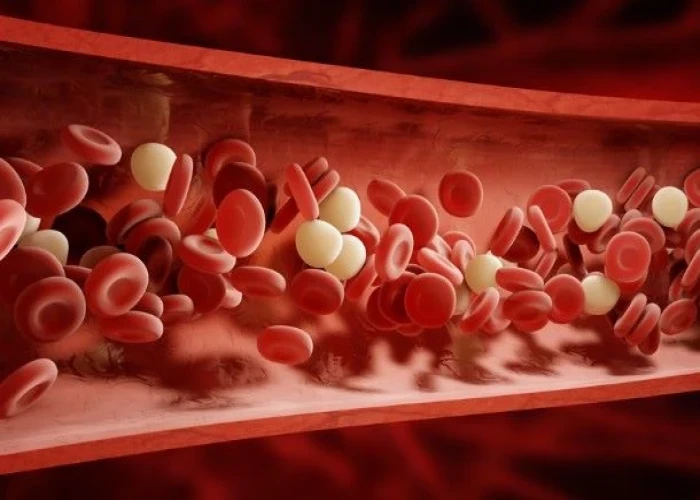
Monoclonal gammopathy of undetermined significance (MGUS)

Castleman disease

Self-injury / cutting

Deviated septum
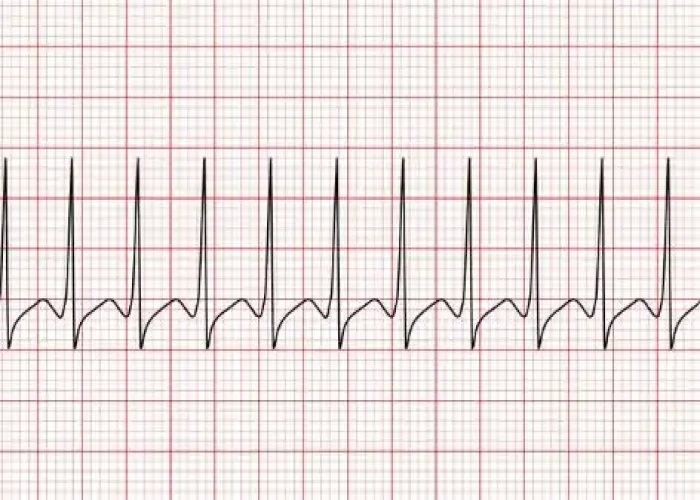
Supraventricular tachycardia

Kyphosis

Peptic ulcer
pneumonitis, নিউমোনাইটিস
To be happy, beautiful, healthy, wealthy, hale and long-lived stay with DM3S.
